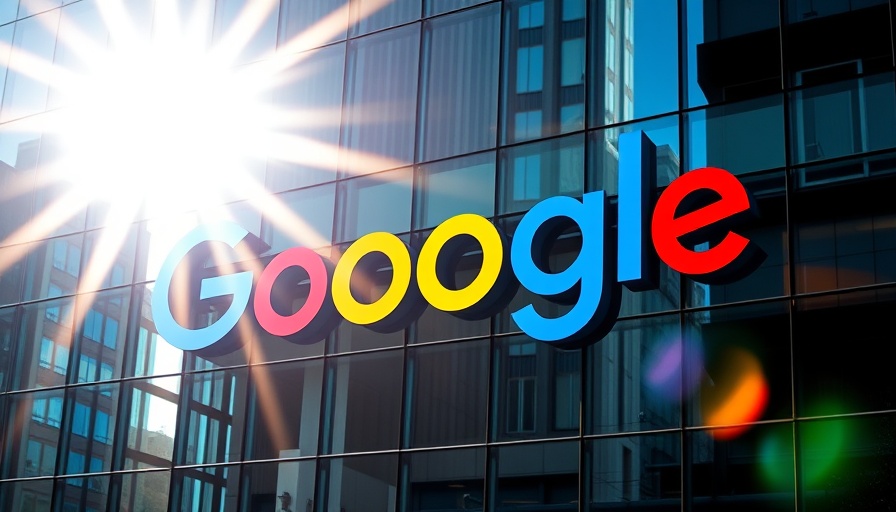
Google's Multi-Million-Dollar Privacy Violation Case: What You Need to Know
In a landmark ruling, Google has been hit with a staggering $425.7 million verdict for almost a decade of smartphone snooping. This decision, made by a federal jury in San Francisco, has stirred not just legal implications but also significant public interest in the ever-pressing issues of privacy and data protection.
The Depth of the Violation
The class-action lawsuit surmised that Google had been collecting data from around 98 million smartphones in the U.S. between July 1, 2016, and September 23, 2024. The jury found that this constitutes a violation of California privacy laws.
According to Google, the information it processed was within the bounds of consumer consent, yet the facts presented during the trial reveal a complex narrative. Many users believed that by enabling privacy settings, they were shielded from data collection, a belief that the jury concluded was undermined by Google's practices.
The Bigger Picture: Insights into Data Privacy
This case is particularly timely given the current digital landscape where personal data is often commodified. With technology firms continually navigating the tightrope between innovation and user privacy, the implications of this verdict extend beyond just Google. The ruling serves as a wake-up call for tech companies and consumers alike, urging greater dialogue on data privacy.
One of the attorneys representing the plaintiffs, John Yanchunis, viewed the outcome as a pivotal moment for privacy rights. “We hope this result sends a message to the tech industry that Americans will not sit idly by as their information is collected and monetized against their will,” he stated. As more people become aware of such privacy issues, the demand for transparency and accountability from tech giants is likely to grow.
Counter Perspectives: Google's Stance
Google's spokesman, Jose Castaneda, expressed disappointment with the verdict, claiming it misunderstands how their privacy tools function. He assured that Google honors user privacy preferences, highlighting a compelling counter-narrative to the claim of wrongdoing. This juxtaposition of perspectives showcases the complexity of accountability in the digital age, leaving consumers to sift through varied interpretations of privacy and consent.
Current Implications and Future Trends
The ruling arrives closely on the heels of Google's recent brushes with the U.S. Department of Justice over antitrust allegations. These developments underline a growing recognition of the need to regulate immense tech power. As we continue to rely on digital platforms, the question of how to safeguard consumer rights will only intensify.
The intersection of technology and law promises to be a hotbed of activity moving forward. Companies may be compelled to reassess their privacy policies and practices to avoid similar legal ramifications. As consumers sharpen their focus on data privacy, future engagement with apps and platforms may increasingly hinge on clear and enforceable privacy guarantees.
Practical Takeaways for Consumers
For Central Florida residents and beyond, this case serves as a reminder to stay vigilant regarding data privacy. Parents, families, and travelers should take proactive steps to secure their digital lives. Familiarizing yourself with privacy settings on smartphone applications can significantly enhance your data protection. Consider regularly reviewing app permissions and opting out of data collection whenever feasible.
This ruling provides a unique opportunity for consumers to engage in conversations about privacy with their families and communities. As tech-savvy senior citizens, parents, or even travelers, understanding your rights in the digital landscape is essential. Knowledge fosters empowerment.
Conclusion: A Call for Empowered Consumers
The Google privacy verdict illustrates the growing tension between consumer rights and corporate practices in the age of big tech. As we grapple with these issues, staying educated and engaged is crucial. Advocacy for stricter privacy regulations cannot solely rest in the hands of lawmakers; it requires grassroots momentum from informed consumers. Explore your rights, demand transparency, and let this verdict light the way towards better practices in data privacy.
 Add Row
Add Row  Add
Add 




Write A Comment